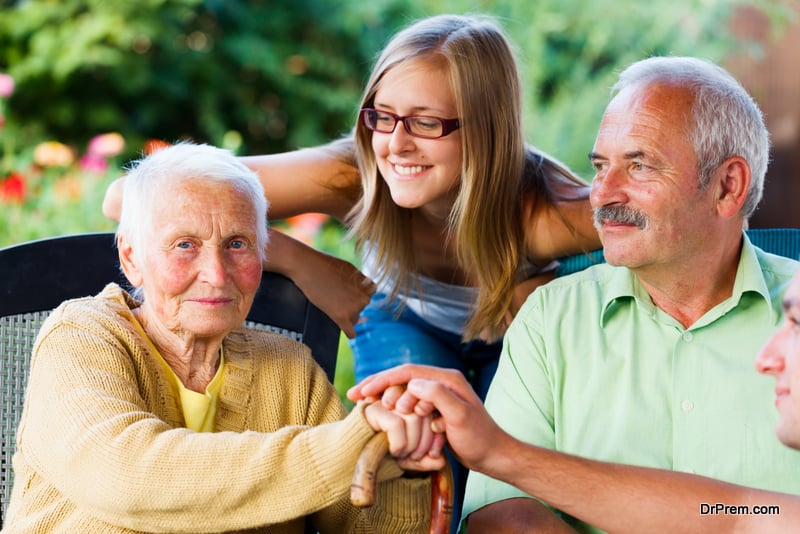Many families do not have a plan to deal with anger, whether it is the outburst of a two years old or the ranting and raving of a 14 years old. Handling children’s anger is often bewildering, challenging, and stressful for adults; but finding out effective ways to make your kids deal with anger is important as it is a skill for the future.
Understand the triggering factors
Realize the fact that anger is a normal emotion. Your kid has anger outbursts, so do millions of other kids in America. Parents need to understand that outbursts in children, as in the case of adults, are usually a response to frustration. Other trigger factors can be humiliation, loneliness, nervousness, stress, hurt, etc. Children often react to these factors with the weapon of anger, as they are less advanced to use anything else. They often fail to comprehend the situation and feel vulnerable. Most kids give vent to temper tantrums to thwart dependency and fears of defeat. Anger can be signals of child anxieties. Parents should be clever enough to identify that.
As parents, you need to ask your child what actually went wrong. Most of the times, kids will express their emotions clearly. A good talking relation should be there between the child and parent for the child to feel free to tell his/her emotions. Since stress is often the culprit behind most of the outbursts, teach children to cope with stress, and make them realize that stress is an unavoidable factor in modern life. There is no point in feeling everything from exhaustion to nerve wracking exasperation when your child is angry. Understand that kids might be using fury as an all purpose red flag to let others make out that something is very wrong with them.
Do not try to reason with your child in the middle of an outburst
Never shout at your child or challenge him when he is in the middle of an outburst. Some parents try to reason with them when the kid is angry. Understand the reality that anger has nothing to do with intelligence. Yelling back at your child will only worsen the situation. Try to remain composed in the middle of the tension.
Kids lack high level of reasoning capacity to deal with a crisis, and hence never try to reason with them when they are angry. Logic and reasoning will not work here. Using mean words is just like putting a lighted match stick into a pile of explosives. Avoid any actions or words that will escalate anger. Do not get stuck into dialogues. Recommence the dialog when he calms down. Make the child understand that when he is furious, anger controls him, which is really a bad thing. Teach your kid the difference between anger and aggression. Let him understand that anger is a normal emotion, but he needs to cope with it through creative ways.
Take an interest in your childâs activities
Anger is often a reaction towards some annoyance or failure. But when kids understand that their parents love them and are confident on them, disappointments and frustrations seem trivial. Teach children the basic lesson that disappointments and setbacks are essential aspects of life and they are living in a very competitive and stressful world. Help children to understand their strengths and create confidence in them. Help offered by parents will make any apparently herculean tasks, for instance; studying, manageable for kids. Always be an attentive listener to your childâs emotions with a considerate attitude rather than being judgmental.
Use modeling
Never forget the fact that children learn by watching you, not by the speeches that you pour on them. Kids often display the tendency to ape adults, and often learn emotional regulation from their parents and teachers. Donât be surprised to see a child who gets angry at simple things, if his/her parent is on edge all the time. In most counseling sessions, psychologists feel that a total family repair is needed to bring in some changes in childâs behavior.
Learn to manage your anger and set an example for your child. If you count 1-10 when at the peak of an angry emotion, your child will also mimic the same technique. Learning to refrain from anger outburst will definitely pay off, as it is a skill for the future for your child. Your kid needs to put off many angry flare ups in their adult relationships, and in their own relationships with their offspring.
A hug can do a lot
Hugging your child instead of reciprocating with anger can do wonders. A hug can heighten sense of worth and enhance sense of security, when words fail. Make hugging your child a daily routine. By hug I mean the one that creates warmth, care and a feeling of recognition, and not the playful hug. A hug may not evaporate anger, but it will make your child realize that you take his/her emotions seriously. Remember that you can never hug your children too much.






